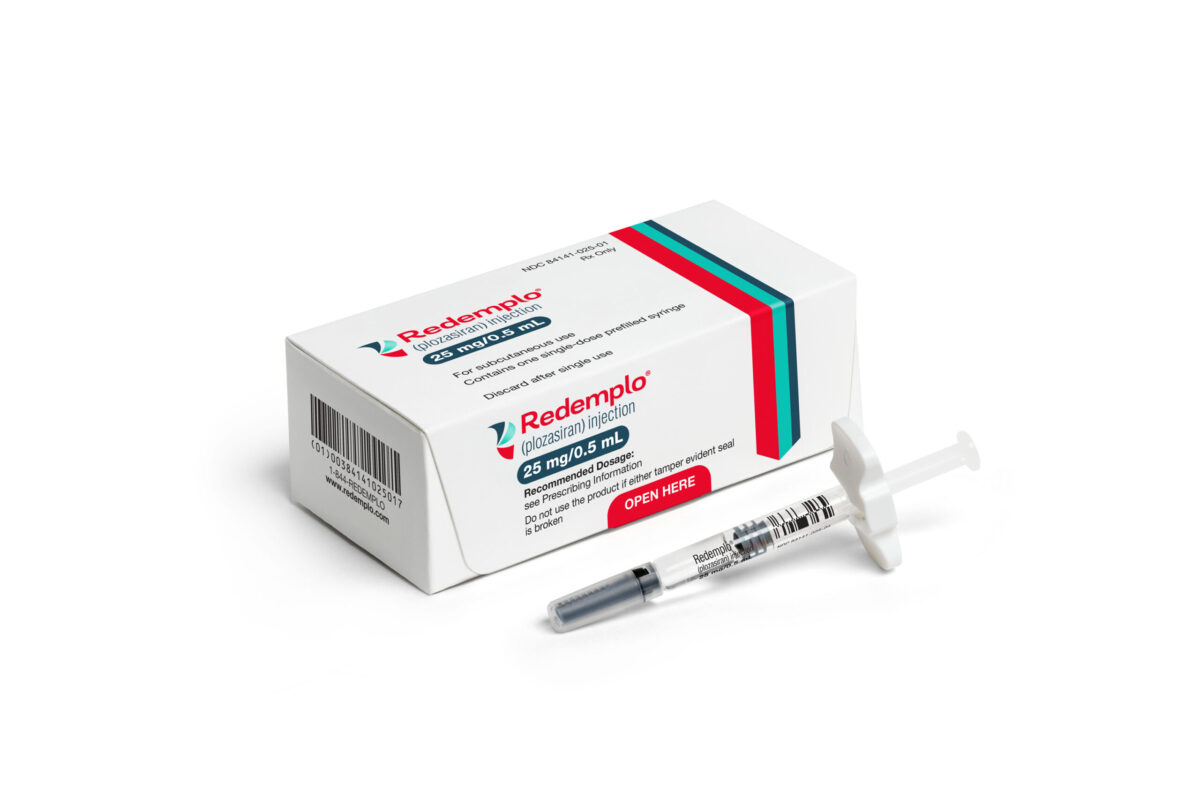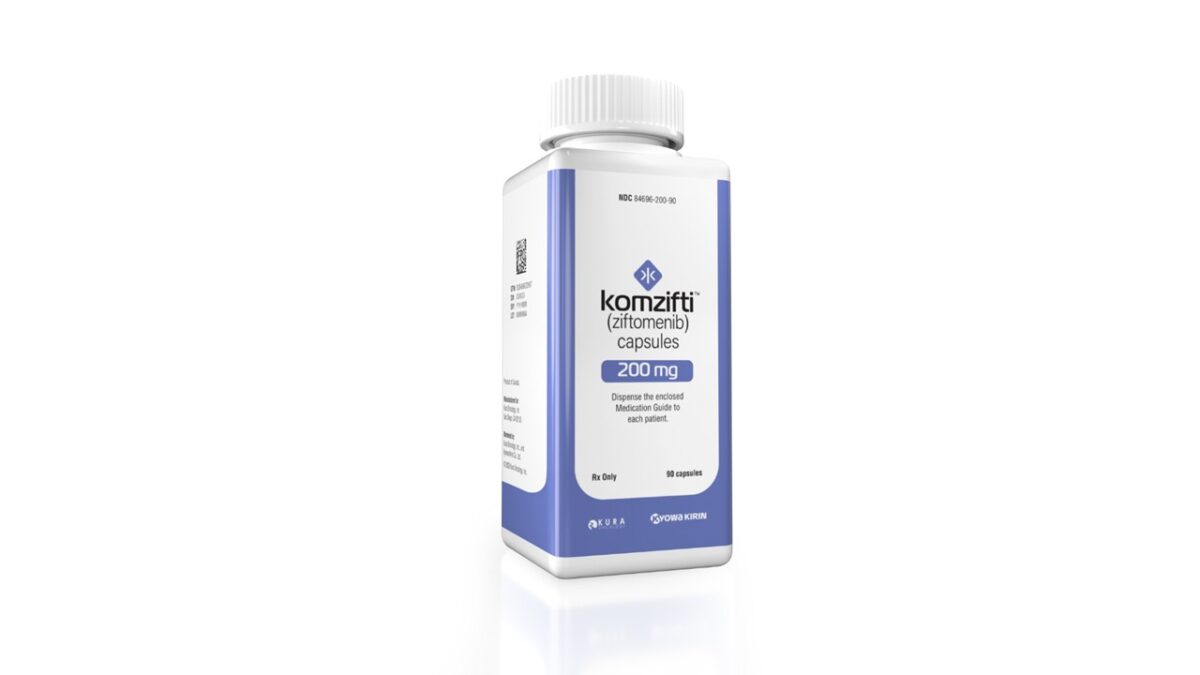The FDA has approved Sanofi’s Wayrilz (rilzabrutinib) tablets for adults with persistent or chronic immune thrombocytopenia (ITP) who did not respond adequately to corticosteroids, immunoglobulins or anti-D therapy. The approval spotlights the first Bruton’s tyrosine kinase (BTK) inhibitor for this rare autoimmune bleeding disorder in the US.
What Is ITP?
ITP occurs when the immune system mistakenly attacks platelets, the blood cells responsible for clotting. When platelet counts fall below 100,000 per µL of blood (normal is 150,000 to 450,000), the body struggles to form clots. This can cause frequent bruising, nosebleeds and in rare cases, life-threatening bleeding such as intracranial hemorrhage.
Many patients also experience fatigue and difficulty concentrating, which disrupts daily life.
Sanofi estimates that more than 25,000 US adults could benefit from advanced treatments for persistent or chronic ITP.
XTALKS WEBINAR: ICH GCP E6(R3): Navigating the New Era of Good Clinical Practice
Live and On-Demand: Friday, October 24, 2025, at 11am EDT (5pm CEST/EU-Central)
Register for this free webinar to learn how ICH GCP E6(R3) is reshaping global clinical trial standards and expectations.
How Does Wayrilz Work?
Wayrilz is an oral, reversible BTK inhibitor taken as a 400 mg tablet twice daily. It was developed using Sanofi’s proprietary Tailored Covalency technology, which enables selective and reversible inhibition of BTK.
BTK is a signaling protein active in B cells, macrophages and other immune cells.
By blocking BTK, rilzabrutinib modulates the immune system in two main ways: it prevents B cells (the immune cells that produce antibodies) from becoming activated, and it disrupts how immune cells in the spleen and liver destroy platelets coated with autoantibodies, antibodies that mistakenly target the body’s own cells.
In vitro, the drug was found to reduce Fcγ receptor signaling (a key trigger for immune cell activity), block B cell signaling and lower autoantibody production.
Phase III Trial: Durable Responses, Manageable Safety
Wayrilz’s approval is based on results from the Phase III LUNA 3 trial (NCT04562766), a randomized, double-blind, placebo-controlled study that enrolled 202 adults with persistent or chronic ITP.
Patients were randomized to rilzabrutinib (133) or placebo (69) for up to 24 weeks. At 12 weeks, responders could continue the full treatment period, 64% in the treatment arm and 32% in the placebo arm.
At Week 25, 23% of patients treated with rilzabrutinib achieved a durable platelet response, compared with none on placebo. A durable response was defined as platelet counts at or above 50,000 per µL for at least two-thirds of weekly measurements in the last 12 weeks of treatment without rescue therapy.
Rilzabrutinib also produced faster responses, with a median of 36 days versus no consistent response on placebo, and longer duration of response, seven weeks compared to less than one week.
Patient-reported outcomes were measured with the Immune Thrombocytopenia Patient Assessment Questionnaire. Patients on rilzabrutinib reported a 10.6-point improvement across nine quality-of-life measures, versus 2.3 points for placebo. Improvements included reduced bleeding and fatigue, though the analysis was descriptive and not powered for statistical significance.
Safety data showed that the most common adverse reactions, affecting at least 10% of patients, were diarrhea, nausea, headache, abdominal pain and COVID-19.
The LUNA 3 trial also included a 28-week open-label extension and a four-week safety follow-up. An adolescent cohort remains ongoing, which will provide further insights into the therapy’s long-term safety and efficacy.
ITP Pipeline and What’s Next for Wayrilz
Beyond BTK inhibition, other novel approaches are advancing in ITP.
Novartis recently reported Phase III results from its VAYHIT2 study of ianalumab, a monoclonal antibody that targets B cells through dual mechanisms: depletion and BAFF-R signal interruption. In combination with eltrombopag, ianalumab significantly prolonged the time to treatment failure and improved sustained platelet responses. If approved, it may provide long-term disease control with just four once-monthly infusions.
Wayrilz approval also follows another recent ITP milestone: the July 2025 approval of Sobi’s Doptelet (avatrombopag) for pediatric patients aged one year and older with persistent or chronic ITP.
Sanofi has also partnered with Onco360, a national specialty pharmacy, to distribute Wayrilz in the US.
Beyond the US, rilzabrutinib was approved earlier this year in the UAE for adult ITP and remains under review in the European Union (EU) and China.
In addition to its FDA Fast Track and Orphan Drug designations for ITP, rilzabrutinib has received Orphan status in warm autoimmune hemolytic anemia, IgG4-related disease and sickle cell disease, with a Fast Track designation in IgG4-related disease.












Join or login to leave a comment
JOIN LOGIN